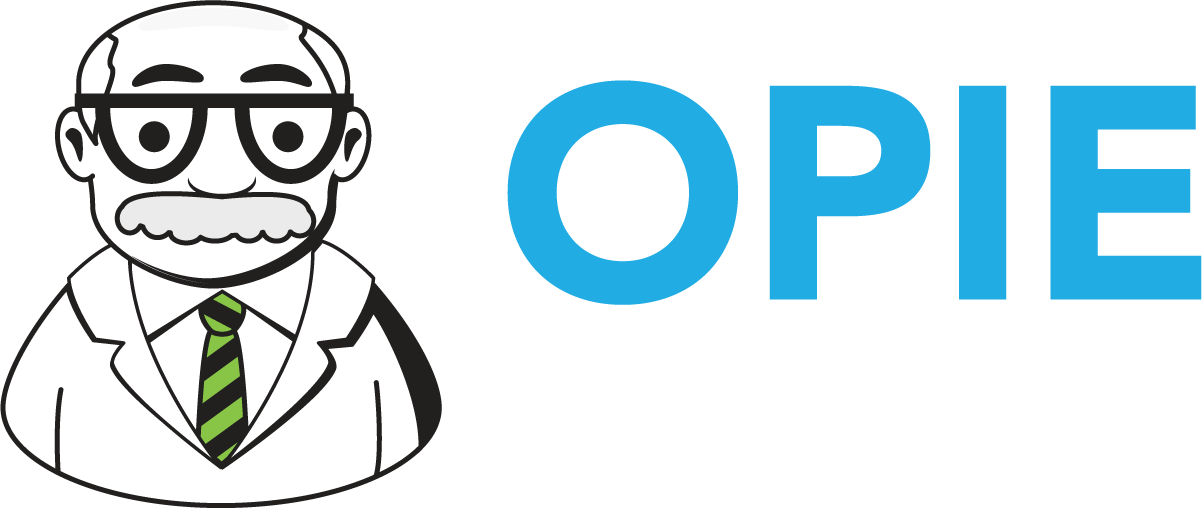Why Work Can Be So Hard
We are given so much advice these days and everyone I know thinks we have to walk around on eggshells, so we don’t hurt anyone’s feelings. I agree that there are plenty of opportunities for us to be mean to one another and I also agree that work is not the place to be mean. Assuming that when we employ people, we employ competent people, I think it is important that we approach our “work conversations” with the attitude that whatever you think is wrong with something probably was not an intentional act to hinder you personally. Sounds straightforward, I know. And it is probably not even controversial to say that but practicing it can be harder than it should be.
Most of us are in this profession because we are passionate about the care of people who need our services. That passion is a double-edged sword. It is great when it lights a fire under us to do our jobs well, but it is dangerous if it leads us into emotional decision-making. It is incumbent on us to take the time to understand why something happens in the practice rather than assuming we just know that it is due to some intellectual deficit of our co-worker!
We spent last week at the first in-person OPIE Bootcamp since COVID. It was awesome! If you didn’t make it, you missed a great one! You should come to the next one. We talked about some of the challenges we face in our day-to-day operations and one common thread was effective communication. There are so many ways we communicate and knowing which channel you used for which conversation can be challenging. Another thing that came up was the conflict that arises from desiring to provide the best care while still getting paid. There is a lot of pressure on the practice to generate revenue and keep the patient flow moving. It is really important that as you fulfill those two objectives you have honest and open communication amongst the staff. If corporate motivation focuses on parts rather than the whole, we can get some real, personal conflict.
For instance, the owner wants to keep the clinicians busy generating revenue and they also want the admin team to get claims processed. Oh yea….and we are not to order parts and supplies for a patient until we have the patient’s responsibility and the insurance figured out. But to keep the patient flow, the clinician wants to get started on the fabrication. The admin won’t approve the order until the codes are submitted, the insurance authorizes the services, and the patient has signed the patient responsibility form. And oh, by the way, it takes the clinician a week to submit the codes. Do you see the conflict?
We have to be able to sit down together and have a conversation that finds the balance between the competing objectives, and the clinicians have to understand that the admin isn’t holding up the order “just to spite me” while the admin has to realize that the clinicians aren’t withholding the codes because they are too lazy to get their job done. After all, they are seeing patients back-to-back and we don’t schedule any time for note completion.

